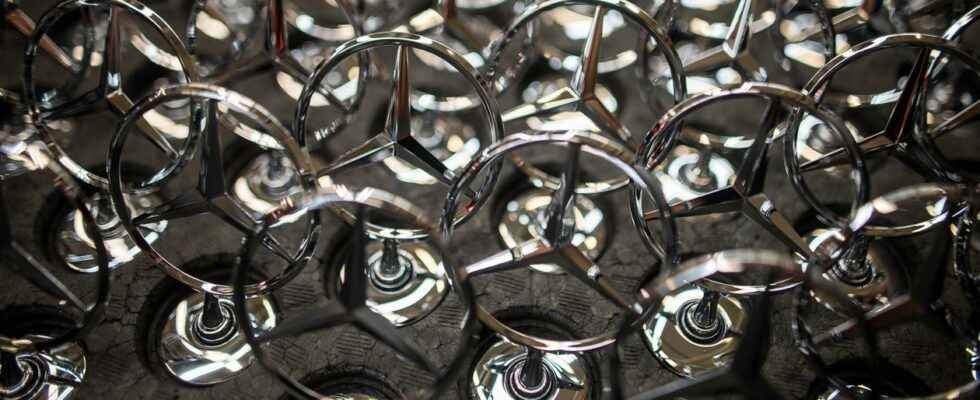In 2023, Mercedes will launch the E-Class as the last newly developed combustion engine. In the future, the Stuttgart-based company wants to rely on purely electric drives in Europe. The engine cooperation with Renault expires.
“As things stand today, the E-Class with its derivatives is the last Mercedes-Benz model to be built on a pure combustion engine platform,” said Mercedes Head of Development Markus Schäfer of Automobilwoche. By 2030 at the latest, Mercedes wants to put only new battery-electric vehicles on the road – at least where market conditions allow. The S and C-Class have also been based on this platform so far and will be phased out at the end of the model cycle, probably even before 2030 . Fewer engine variants The new and last generation of the business sedan is to be presented at the end of the year and come onto the market in the spring. All subsequent models from 2024/2025 are then based on architectures that were specially designed for battery drive. The E-Class has been built under this name since 1993 and is a reliable bestseller. “This concludes the chapter of this platform and has carried many millions of vehicles. But of course we are doing everything we can to ensure that this platform remains certifiable until the end of the decade,” emphasized Schäfer in an interview with the industry journal. At the same time, the number of engine variants is to be reduced with the introduction of the Euro 7 emissions standard. There are no more new developments. “We remove complexity and significantly reduce the use of resources by only making the adjustments for the remaining aggregates,” says Schäfer. According to Schäfer, the generation of Renault engines for compact vehicles will no longer be continued. “A global motor will follow, which we will develop 100 percent ourselves and industrialize together with Geely.” Schäfer defends the focus: “To play at the very top in future topics such as infotainment, autonomous driving, artificial intelligence or the chip topic , we must concentrate. The future certainly does not lie in ten different drives.” He also rejected the fuel cell as an alternative: “We see considerable disadvantages in terms of unit costs, energy efficiency and the space required for the tanks.”
source site-13
